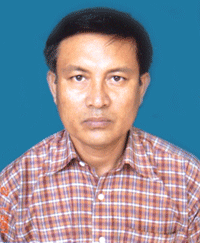
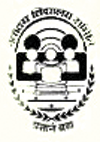 N Dhiren Singh
N Dhiren Singh
Principal, Jawahar Navodaya Vidyalaya, Khumbong, Imphal, Manipur
“It is mandatory for every teacher to use some element of ICT in classroom. A register is maintained to record the ICT based classes taken by teachers”
What is your vision for quality education in JNV Khumbong Imphal?
The vision of our school is to impart quality modern education along with inculcation of values, environment awareness, and physical education, to students predominantly from rural areas and to aid their physical, mental, and spiritual growth. Our JNVs also strive to serve as focal points in each district for improvement in quality of school education in general through sharing of experiences and facilities.
Please tell us about the curriculum and learning methodology followed in the school.
Our school follows the NCERT curriculum and is affiliated to CBSE. The learning activity of the Vidyalaya is highly integrated to ICT. Teachers use Power Point presentations, animated multimedia presentations, etc. to deliver their lectures. Internet is also used by teachers to retrieve various subject related topics. It is mandatory for every teacher to use some element of ICT in classroom. A register is maintained to record the ICT based classes taken by teachers.
Our students make their project work using Microsoft Word and Power Point, download various subject related topics, sample papers, fill online forms for many competitive examinations using Internet.
What are the initiatives taken up by your school for integrating ICT in education?
The school has provided enough infrastructure, procured various educational CDs, made arragement for conducting ICT classes in two different rooms with LCD projectors and computers. We also have the EDUSAT facilty for interacting with different educational institutes, organisations, experts, etc. Teachers make projects using Power Point presentations, make every teacher take class using ICT at least once/twice a week. Students are also allowed to use computers and Internet twice a week for every class i.e., from VI to XII.
What are the major challenges as far as integration of ICT?
Some of the challenges faced by our school while implementing the ICT programmes/projects are:
- Frequent power cut and load shedding hampers smooth use of ICT. We try our best to solve the problem by using a generator of 25KVA and 15 KVA stand by generator.
- Maintenance of hardware components like UPS, CPU Monitor, etc. is another problem as it is difficult to purchase such hardware components.
- Misuse of technology by students is yet another challenge. Students want to use computers for entertainment rather than as a learning tool.
How do you build teachers` capacity in rendering technology mediated education?
Our school have given training to almost all the teachers through Microsoft programmes. Knowledge of the teachers is further enhanced with the use of Internet, as they can draw new concepts, ideas and detailed material on their topics, which enhance their teaching. This further helps them in their professional growth while producing good results in examinations.
How do you see Public- Private Partnership for enhancing proper use of technologies in school education?
Both the sectors need to be aware of the various uses of technology in school education and its importance, so that they in turn can venture to improve or enhance this field to give quality education to our students.
What are the future initiatives/plans for integrating ICT in school education?
For bringing about an effective integration of ICT in education, we should try and enhance the knowledge in the domain for both teachers and students by interacting with differents firms, organisations, experts, etc. There is also a need to update our ICT technologies as far as possible to improve teaching learning process.

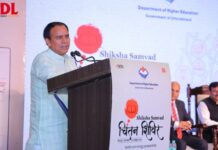









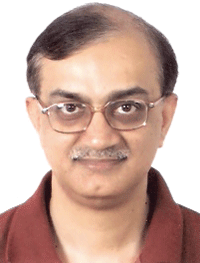 Rajeev Katyal
Rajeev Katyal
 Sita Umamaheshwaran
Sita Umamaheshwaran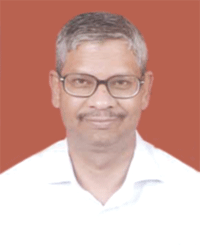 Dr S G Deshmukh
Dr S G Deshmukh








